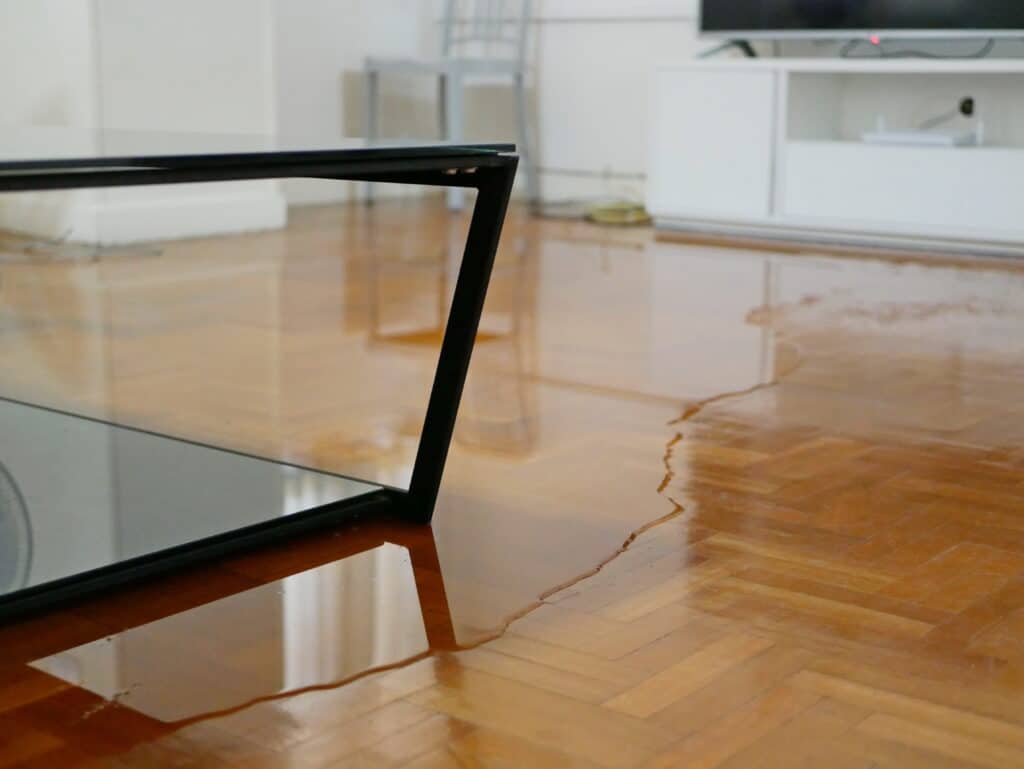Generally speaking, damage to your property can be devastating. Depending on the extent and severity of the damage, it can leave you and your family displaced and without income for a certain period. This is especially true if the cause is water damage associated with leaking pipes, issues with the plumbing system, and even adverse weather conditions.
Fortunately, dealing with damaged property doesn’t need to be difficult as long as you know what to do with water damage cleanup with the help of professionals. This is where filing a damaged property claim enters the picture. It’s a type of insurance claim that seeks reimbursement for the damages on insured property.
Hence, if you’re unsure how to follow the proper procedures to help you get the compensation you need, keep reading this article to know how to file a damaged property claim after water damage.
-
Check Your Policy First
Once the water cleanup is done, you must review your insurance policy before filing a damaged property claim with your insurance company. Doing so can help you determine whether your policy covers damage to property caused by situations that are beyond your control. These include leaking or busted pipes due to extreme weather conditions, storms, and other fortuitous events.
However, if the damage resulted from a poorly-maintained plumbing system or property, you may be unable to file a claim with your insurance company. This is especially true if they believe your fault or negligence caused the damage. Hence, to ensure you’re eligible to initiate an insurance claim after a water damage cleanup, read your policy details before taking any steps.
-
Notify The Insurance Company Promptly About The Claim
If your policy covers the type of damage currently on your property, it’s time to notify your insurance provider about the claim as quickly as possible. It’s essential because failure to do so within the agreed period in the contract may lead to your claim’s denial and inability to recover compensation for the damage. Therefore, you should report your claim immediately, whether done online or via phone call. Ensure to provide all necessary information to streamline and speed up the process.
Once the report is made, the claims process will commence. The insurance adjuster will communicate with you, investigate and evaluate the validity of your claim, conduct negotiations, and issue a resolution or a settlement.
-
Work With A Lawyer To Help You With The Claims Process
Dealing with the claims process can be challenging, especially if you have no idea how it works. More often, navigating the process alone might not be a good idea. Generally, the insurance company will assign an adjuster to handle the claims. However, they don’t work for your best interests but the company’s financial interests. In that case, they might do anything to diminish your damaged property claim or deny the claim by attributing fault to you or raising other grounds for denial.
That said, it’s best to hire a legal professional who will look out for your interests and protect your right to receive compensation. For example, if a storm has damaged your property, you can work with a storm damage lawyer to help you get a fair insurance payout for your claim. They’re also familiar with the ins and outs of your policy and the procedures involved in a claims process. Thus, you have a better chance of getting a favorable outcome for your claim.
-
Document The Property Damage
It’s crucial to document the damage to your property when filing a claim. With proper documentation, you can prove to your insurance company that the damage was caused by a situation that is entirely out of your control.
So, to ensure everything is recorded, you should take photographs and videos of your damaged property. Then, prepare a comprehensive inventory and list the location and extent of the damage to each property or item. If you have receipts of the purchased item or property, submit them to the insurance company along with the photos, videos, and inventory. Make sure to keep copies for yourself for future reference.
Final Thoughts
Dealing with damaged property caused by water damage can be financially frustrating. This is one reason you should file a damaged property claim after water damage cleanup. However, the process can be complicated and time-consuming if you don’t know what to do from the beginning.
Therefore, if you’re planning to file soon, keep the information mentioned above in mind so you’ll have a clear idea of how to start. Remember, knowing how the insurance claim works and staying proactive throughout the process can help you obtain the best possible results.


